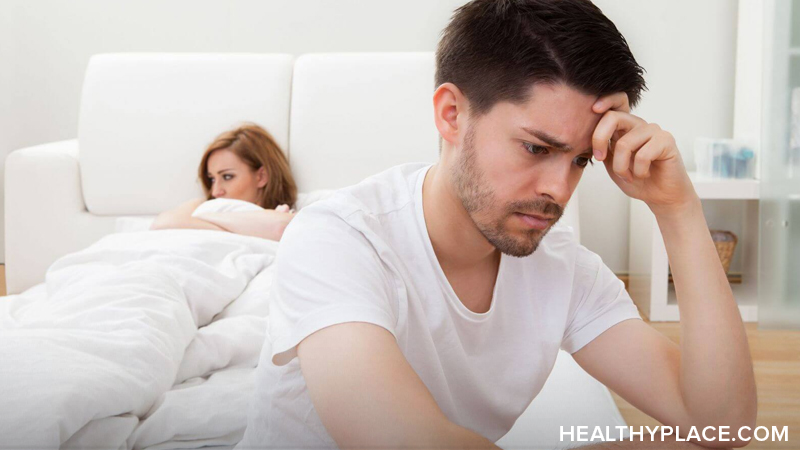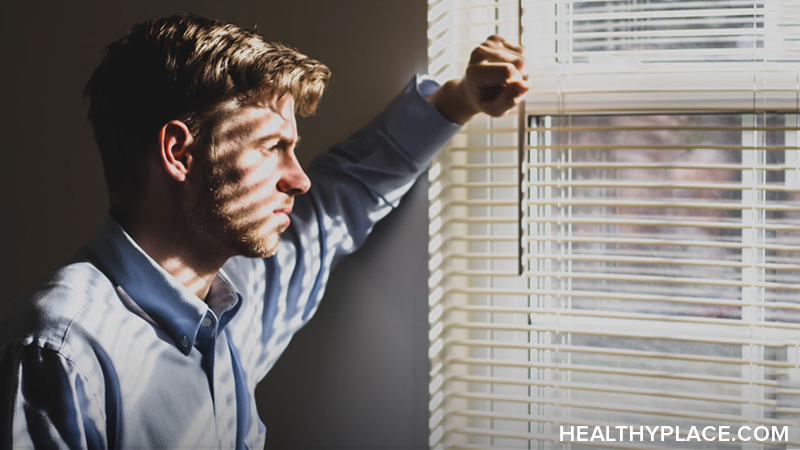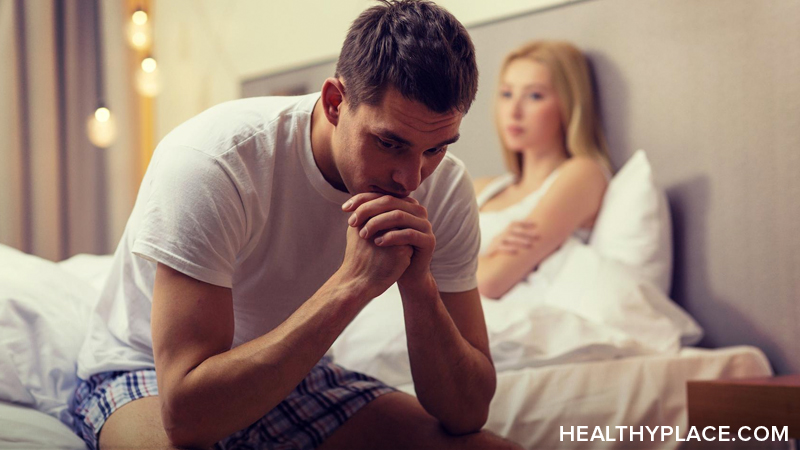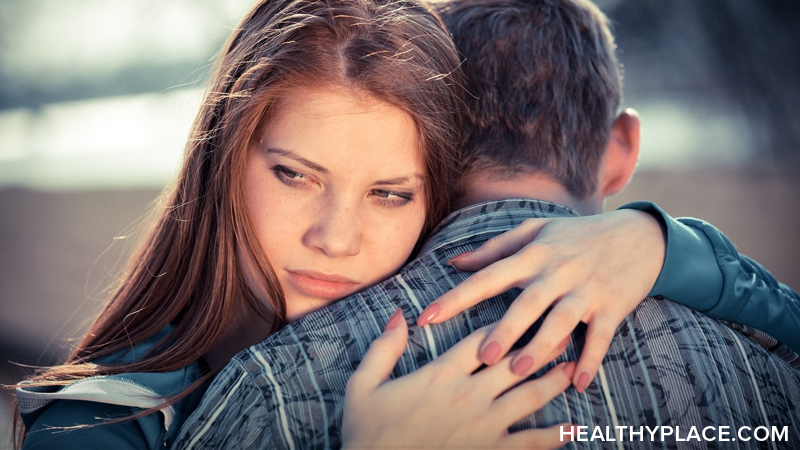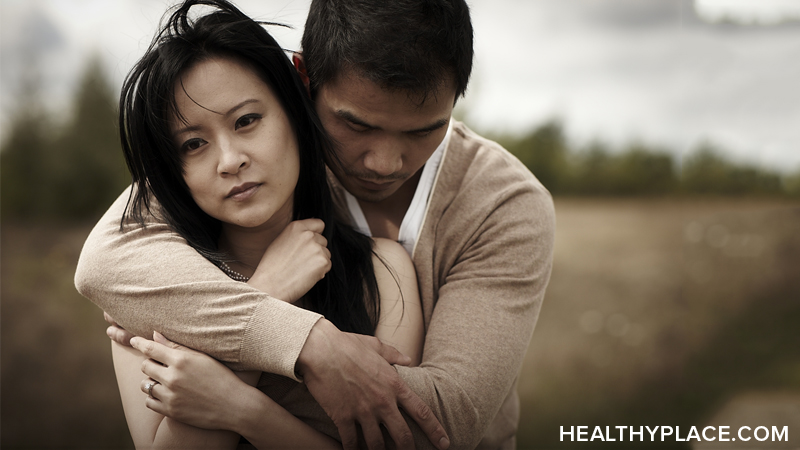My Marriage Is Making Me Depressed: Will Counseling Help?
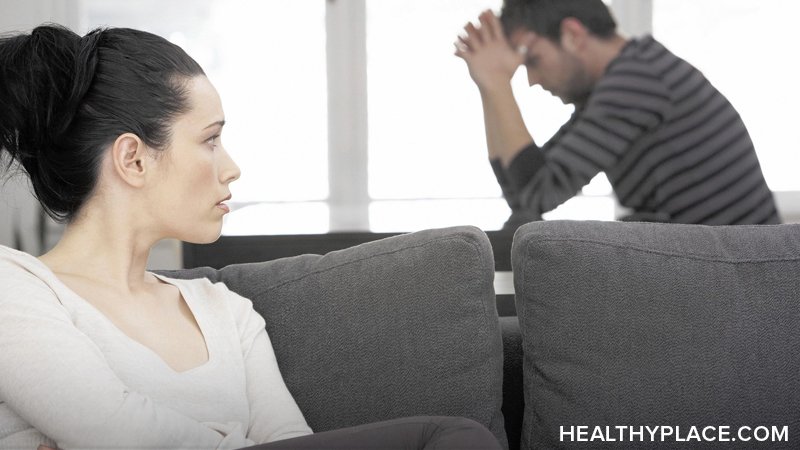
Is your marriage making you depressed or are you just unwell? The connection between relationships and mental health is not clear-cut, and the exact cause of depression isn't always known. Unpicking the reasons for how you are feeling is best left to the experts, but that's not to say you shouldn't try to understand your emotional health, especially if you think your relationship could be the source of your unhappiness. It can be hard to tell the difference between mental illness and a marriage that's making you depressed, but there are some key differences. Let's explore them here.
Help! I Think My Marriage Is Making Me Depressed
While it's common to feel like your marriage is making you depressed, the way you feel in an unhappy relationship is different from a clinical depression diagnosis. Relationships can severely affect our mental health, and there are several reasons why your marriage could be making you depressed. These include:
- Your partner is emotionally or physically abusive
- Your partner has a physical or mental health issue
- You spend a lot of time alone – you feel lonely and/or isolated
- You can’t communicate with your partner
- There is a lack of physical and/or emotional intimacy
- You feel like you cannot be yourself around your partner
- Your partner makes you feel bad about yourself
- There is a financial strain in your marriage
- One of you has been unfaithful, or there is a lack of trust in the marriage
- Your partner discourages you from doing things that make you happy – such as pursuing hobbies or socializing with friends.
Is My Relationship Causing My Depression?
Depression is thought to be caused by a combination of genetics, past trauma, brain chemistry, physical health and environmental factors. As such, an unhappy relationship may not be the sole cause of your depression, but it could well be a contributing factor.
According to a 2014 study, stress within a marriage can make you more vulnerable to depression. Nevertheless, it helps to know the difference between the two forms so that you can seek the appropriate support or treatment for your depression.
Situational depression
Situational depression refers to a depressed mood as a response to a difficult event in your life, such as a bereavement, loss of a job or marriage problems. The medical term for situational depression is "stress response syndrome." This type of depression usually lifts with time and doesn't usually require depression medication. If your doctor thinks your depression is severe, he or she may prescribe you with antidepressant medications or refer you to a psychiatrist. Counseling can help you work through your feelings and implement coping strategies.
Clinical depression
Clinical depression (also known as major depressive disorder) is usually more severe than situational depression. It does not typically occur because of a situation or life experience, although trauma or difficult life circumstances can trigger it. The main difference is that clinical depression cannot usually be traced back to one relationship or event, and there is often a genetic component. Clinical depression usually requires long-term treatment, such as antidepressant medications, therapy or both.
My Relationship Is Causing Depression: Will Counseling Help?
Situational depression usually resolves after time passes or as the situation improves. If you don’t take steps to change your environment, however, it’s likely that the depression will continue, even if you seek treatment.
If you feel stuck in your marriage or like you can't communicate with your partner, individual or couples' counseling could be a great help. If your marriage problems revolve around family dynamics, family therapy could also be a good idea. A professional therapist will allow you to talk to your partner in a safe space where both of your voices can be heard. They will act as a mediator between you and your spouse, making sure each of your concerns is addressed.
Therapists are skilled at teasing our deepest resentments and feelings out of us. They challenge what we're feeling and why it bothers us. They also break up repeated patterns of upset and retaliation by pointing out our problematic behavior and teaching better communication techniques.
Ultimately, if your marriage is making you so depressed that you decide to split, a therapist can help you do this in a way that minimizes the pain for both you and your spouse.
APA Reference
Smith, E.
(2022, January 4). My Marriage Is Making Me Depressed: Will Counseling Help?, HealthyPlace. Retrieved
on 2025, November 5 from https://www.healthyplace.com/depression/relationships/my-marriage-is-making-me-depressed-will-counseling-help
